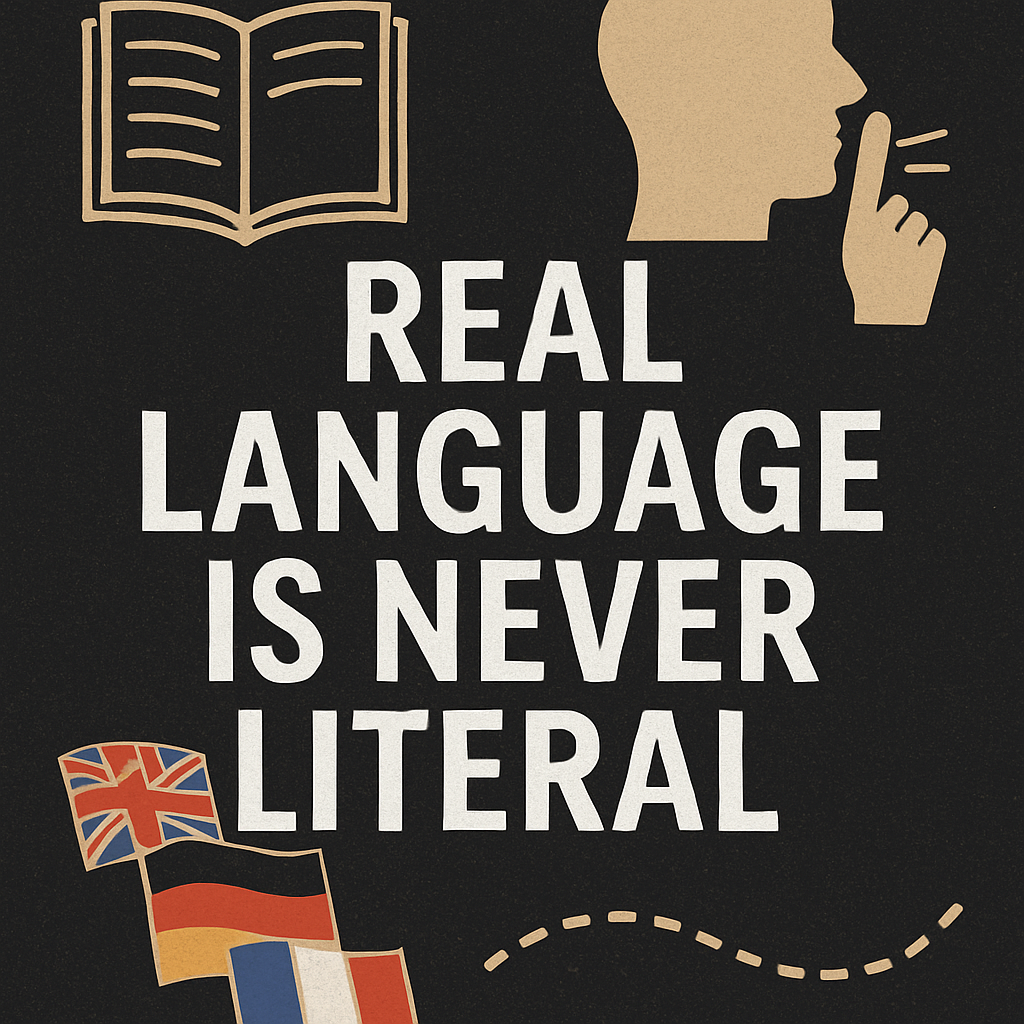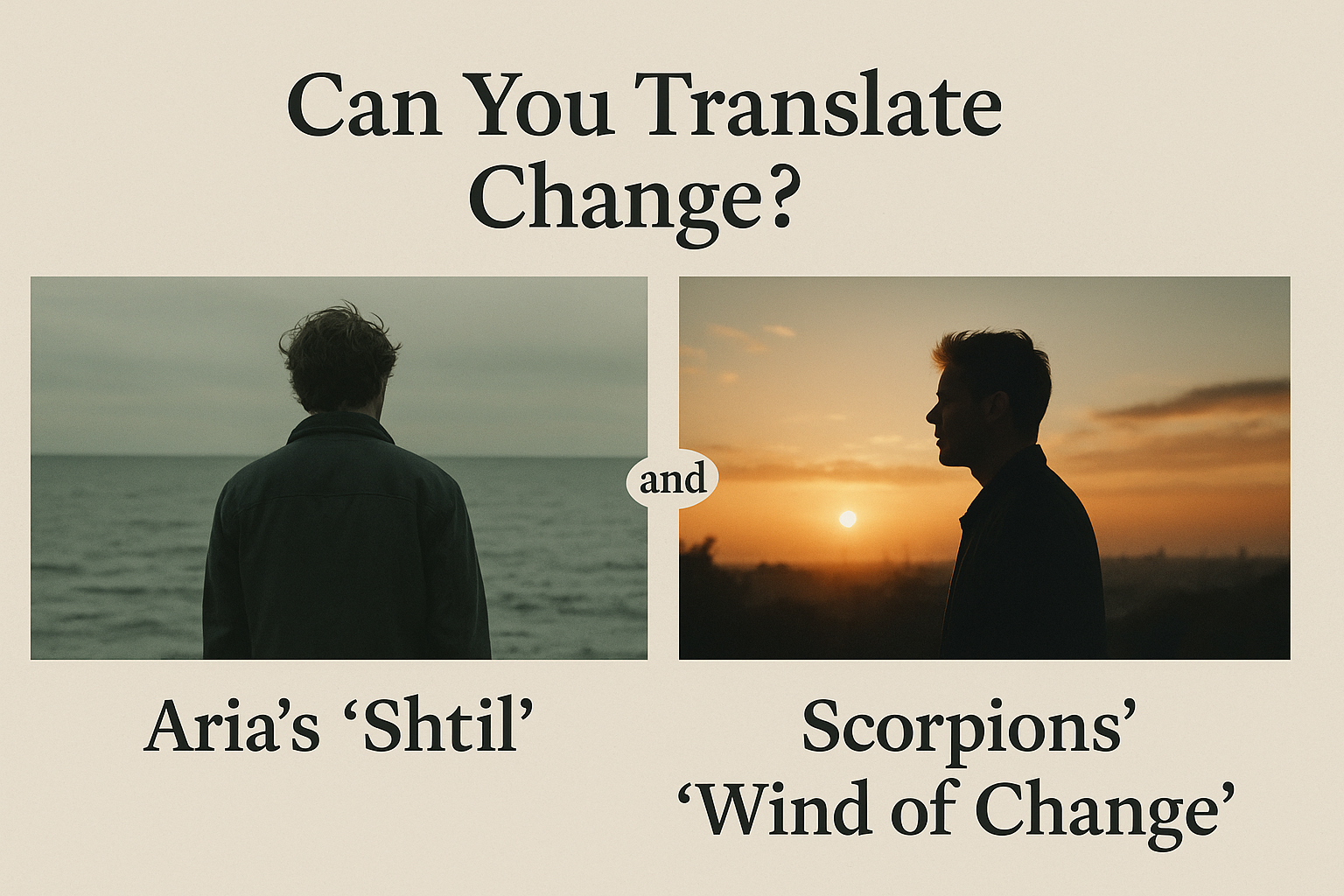Author’s Column by Tymur Levitin
Author’s Column | Tymur Levitin on Language, Meaning and Respect
🔗 Learn languages with meaning and depth. Choose your language:
https://levitinlanguageschool.com/#languages
https://languagelearnings.com/
Introduction: When a Word Asks for More Than a Translation
She was twenty, bright, inquisitive. A language student with Spanish as her native tongue and English as her academic world. One day during class, she paused and asked:
“What does detka mean in Russian? Like… is it like ‘baby’?”
It was a simple question. But it opened a deep well of thought. Because some words carry far more than sound or meaning. They carry power, distance, intimacyабо disrespect—depending on who says them, to whom, and how.
This article is about three words: “girl”, “baby”, and “девочка / детка”. Words that often sound harmless—until they don’t.
“Girl” vs “Detka” vs “Baby”: What They Reveal
Let’s start with the Russian side.
In Russian, we often hear:
- девочка (devotchka) = literally “girl”
- детка (detka) = diminutive from “child”, but contextually closer to “baby”
At first glance, both can sound affectionate. But they don’t function the same.
| Word | Root meaning | Social function | Typical tone |
|---|---|---|---|
| девочка | young girl | tenderness, light respect | soft, supportive |
| детка | small child | dominance, flirtation, power | teasing, patronizing |
| girl | neutral female | depends on tone & setting | from sweet to dismissive |
| baby/babe | romantic partner | often sexualized or objectifying | possessive, intimate |
The problem isn’t the word. It’s the relationship and dynamic that it implies.
Tone Makes or Breaks It
“That was great, girl!”
In an all-women environment? May sound empowering.
From a male manager at a formal meeting? Awkward at best. Disrespectful at worst.
“Come on, baby, don’t be like that.”
In a private couple exchange, perhaps okay. But in professional or unfamiliar settings? That can feel like verbal invasion.
“She’s just a girl, but she did great.”
Sounds like praise, but hides a toxin: surprise that someone so “little” could do so much.
Words don’t exist in a vacuum. They carry decades of usage, cultural gender norms, tone, and context.
Four Situations, Two Interpretations
| Setting | Word Used | If Respectful | If Dismissive |
| 1-on-1 praise | “You nailed it, girl!” | recognition, support | talking down |
| Team intro | “This girl’s leading our project” | dynamic, modern image | infantilizing |
| Flirty chat | “Hey, baby…” | playful intimacy | unsolicited objectification |
| Public statement | “She’s our little detka!” | light bonding (if internal joke) | ownership / condescension |
English vs Russian: Parallel Traps
| Російська | Closest English Match | Risk Level | Примітки |
| девочка | girl | medium | age & tone dependent |
| детка | baby / babe | high | sexualized / infantilizing |
| малышка | sweetie / cutie | high | often objectifying |
| моя девочка | my girl | variable | affectionate or possessive |
In Russian, especially among older generations or in male-dominant speech patterns, “детка” is often used in the same breath as being in charge:
“Hey, detka, pour us some wine” — this isn’t romance, it’s hierarchy.
In English, “baby” often implies ownership: “She’s my baby” → emphasis on my.
Intent Matters. But So Does Perception.
Yes, words are flexible. Yes, you can say “girl” with warmth or “baby” with care.
But the receiver doesn’t read your heart. They hear your tone. They feel your status. They interpret your framing.
That’s why, as educators, translators, and communicators, we don’t just teach what a word meansале what it does.
Five Safer Alternatives for Everyday Speech
| Instead of… | Try… |
| “Good girl!” | “Well done! Precise work.” |
| “That girl” | “That colleague” / name |
| “Baby” (flirt) | “You” with confident warmth |
| “She’s just a girl” | “She’s early in her career but sharp” |
| “Detka” | Use name or respectful compliment |
Final Takeaway
“No word is bad by nature. But every word reflects how we see the world—and the people in front of us.”
This wasn’t a linguistic lecture. It was a lesson in presence, respect, and subtlety.
The student who asked me about detka didn’t want a dictionary answer.
She wanted to understand how to speak without making someone feel small.
And isn’t that the real language lesson?
🔗 Official websites:
https://levitinlanguageschool.com
https://languagelearnings.com
Мовна школа "Старт" від Тимура Левітіна — international online education platform
🔗 More reflections on language, power and communication coming soon in this author’s series.
© Тимур Левітін — Founder, Director and Senior Educator at Levitin Language School / Start Language School by Tymur Levitin
Speak Free. Learn Smart. Global Learning. Personal Approach.
























